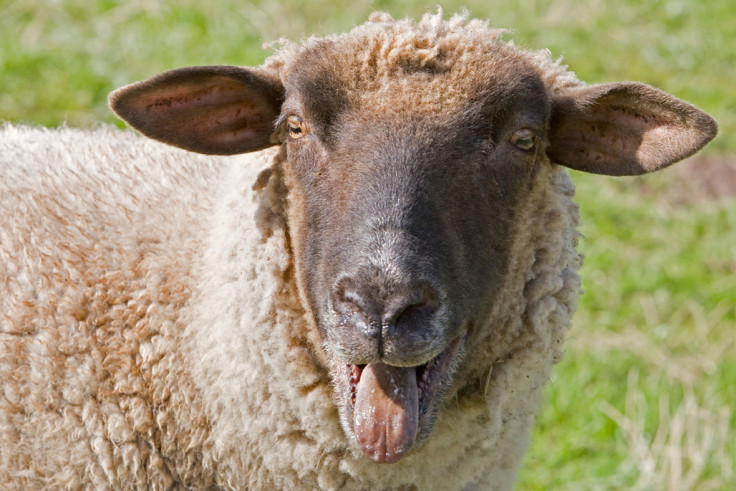Sheep can recognise celebrities in photographs
Sheep have brains that are similar in size and complexity to those of some monkeys.

Sheep can be trained to recognise unfamiliar human faces in photos and are even able to identify pictures of their handler without prior training, according to new research from the University of Cambridge.
Recognising faces is an important social skill in humans. Some animals, such as dogs, monkeys and sheep, can recognise the faces of others in their species, as well as familiar humans, However, the extent of facial recognition skills in sheep had not been fully explored by scientists.
For the latest study, published in the journal Royal Society, researchers trained eight sheep to recognise the faces of four celebrities from photos displayed on a screen. This involved a specially designed pen where two different photos were displayed.
If the sheep chose the right screen – by breaking an infrared beam – they would receive a food reward. If they chose the wrong one, a buzzer would go off and they would receive no reward. This meant that over time the sheep associated a reward with the photo of the celebrity in question.
After the training, the sheep were shown two photos – the photo of the celebrity they had associated with a food reward and another face. The team found that he sheep correctly chose the learned face eight times out of ten.
Finally, the sheep were tested to see if they were able to recognise their handler in a photo without any kind of training. The handlers usually spend about 2 hours every day with the animals so they are very familiar with each other. When the photo of the handler was randomly interspersed in place of the celebrity's picture, the sheep chose the handler's photo seven times out of ten.
"Anyone who has spent time working with sheep will know that they are intelligent, individual animals who are able to recognise their handlers," said Jenny Morton, leader of the study. "We've shown with our study that sheep have advanced face-recognition abilities, comparable with those of humans and monkeys.
"Sheep are long-lived and have brains that are similar in size and complexity to those of some monkeys. That means they can be useful models to help us understand disorders of the brain, such as Huntington's disease, that develop over a long time and affect cognitive abilities. Our study gives us another way to monitor how these abilities change, particularly in sheep who carry the gene mutation that causes Huntington's disease."
Huntington's disease is a rare but incurable neurodegenerative disease that usually starts affecting people in adulthood, often leading to an early death. It affects motor function, mood, personality, and memory and impairs the recognition of facial emotions. At present, there is no known cure for the disease, although the symptoms can be managed to an extent.





















